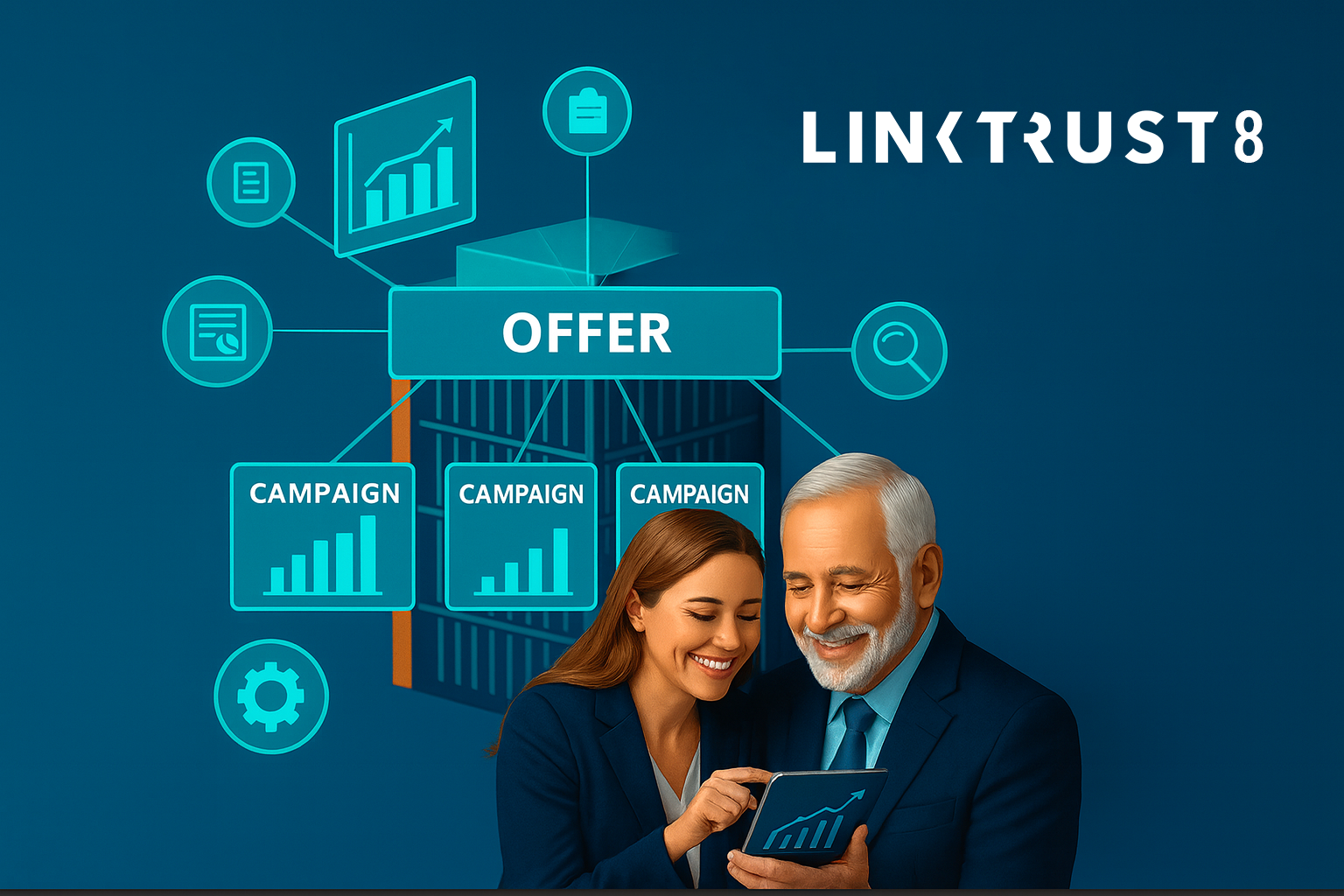The online marketplace and advancement of e-commerce has soared over the last few years. There are both pros and cons to this development, but one thing is certain. If you’re not using the option, you could be missing out on a large portion of sales. And therein lies the impact of e-commerce and how it affects our marketing strategies.
E-commerce Benefits
When we mention e-commerce we are talking about the ability to purchase goods and services over the internet. E-commerce has drastically changed our technology-ridden marketing world and continues to grow and exceed expectations. Below are a list of some of the most beneficial aspects of e-commerce functionality.
- Convenience- consumers have more access to a variety of products and services than most brick and mortar stores will carry. An increase in inventory equals an increase in sales without standing in line, wading through crowds or fighting traffic to do it.
- Reach- e-commerce allows audiences far from store locations to purchase their favorite products, therefore increasing potential audience reach.
- Niche platforms- placing a buyable pin on social media, websites, and other online marketplaces allows you to reach specific niche audience through the convenience of their preferred platform. When we make things easier for our consumers, we will see an increase in sales.
E-Commerce Cautions
There are some things we need to consider when adding the option to allow for e-commerce functionality of our products/services. Because of the cons listed below, we need to take precautions to combat these cons of using e-commerce.
- Lack of Human Interaction- we are unable to have face to face time with consumers when they purchase online which can sometimes lead to a customer’s uncertainty of the product. Make sure to have options available for customers to reach out and ask questions. Make you contact information clear and consider the option of live chatting with a company representative.
- Product Testing- When we purchase online we can’t see or feel what we are purchasing. In essence, we don’t really know what we’re going to get which can make a customer hesitate. One way we can combat this con is to contact incentives for consumer feedback and post this information where it is readily available. Also, consider a refund option so the consumer feels they are purchasing from a trusted online business.
- Credit Card Fraud & Security Issues- unfortunately if you offer the e-commerce ability, you will probably encounter fraud and security breach at least once. The good news is, there are several security measures in place through banks, credit cards, marketing software and more. Want more information on detecting fraudulent activity? Check out our article, Detect and Protect against Affiliate Marketing Fraud.
E-Commerce Effects on Marketing
With the ability to purchase online, we must consider the differences of our audiences from an in-store customer to an e-commerce customer. Things like e-coupons, e-mail blasts and newsletters, and different types of cross promotion can benefit both types of customers. Sometimes the customers are both an in-store shopper and an e-commerce shopper. Don’t forget to include options in your marketing strategy that target both.
Interested in integrating e-commerce into your marketing campaigns? Check out our marketing intelligence software here, which allows you to easily integrate with your shopping cart to provide real-time sales performance reporting to you and your affiliates.



.png)








